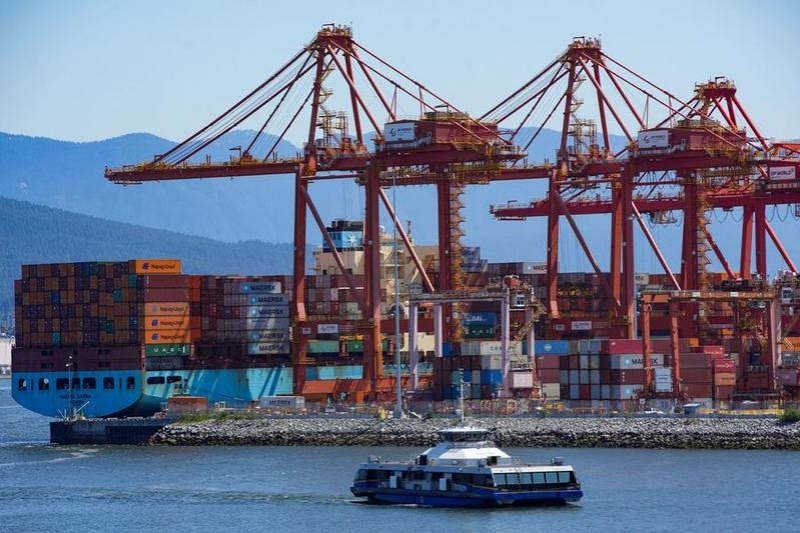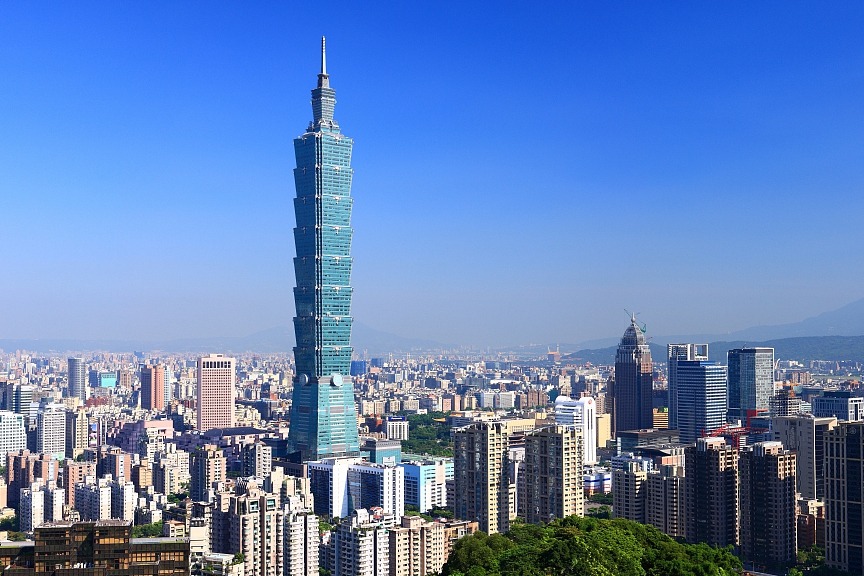GSI heralds a peaceful world with Saudi-Iran restoring ties

A year after the Global Security Initiative was proposed, most notably, with China's help, Saudi Arabia and Iran, two regional powerhouses and old rivals, have shaken hands and agreed to restore ties after decades of hostility.
Trita Parsi, co-founder and executive vice president of the Quincy Institute for Responsible Statecraft and founder of the National Iranian American Council, said China played a crucial role in the normalization of ties between Saudi Arabia and Iran because it was the one country that could move them across the finishing line. That is because China has economic leverage and good relations with both countries and neither of them can afford to go back on their words to Beijing. If China is willing to play a guarantor and sustain a neutral position, it will bring a significant change to geopolitics in the world. In contrast, the US has in the past two decades increasingly taken sides and become belligerent in many conflicts, often becoming part of the problem rather than the solution.
Ma Xiaolin, the dean of the Institute for Studies on the Mediterranean Rim at Zhejiang International Studies University, said although China has successfully played a bigger role than the United States in normalizing ties between Saudi Arabia and Iran, it does not mean that China's influence in the Middle East has surpassed that of the US. Nor does it imply that Middle East countries will side with China in the midst of a major power tussle. Countries in the Middle East have strengthened their sense of autonomy and are willing to adopt a balanced strategy among various forces to maximize their own interests. The Global Security Initiative emphasizes that China is a very stable cornerstone for future world security and peace and it will win China more support and participation from countries and organizations.


































